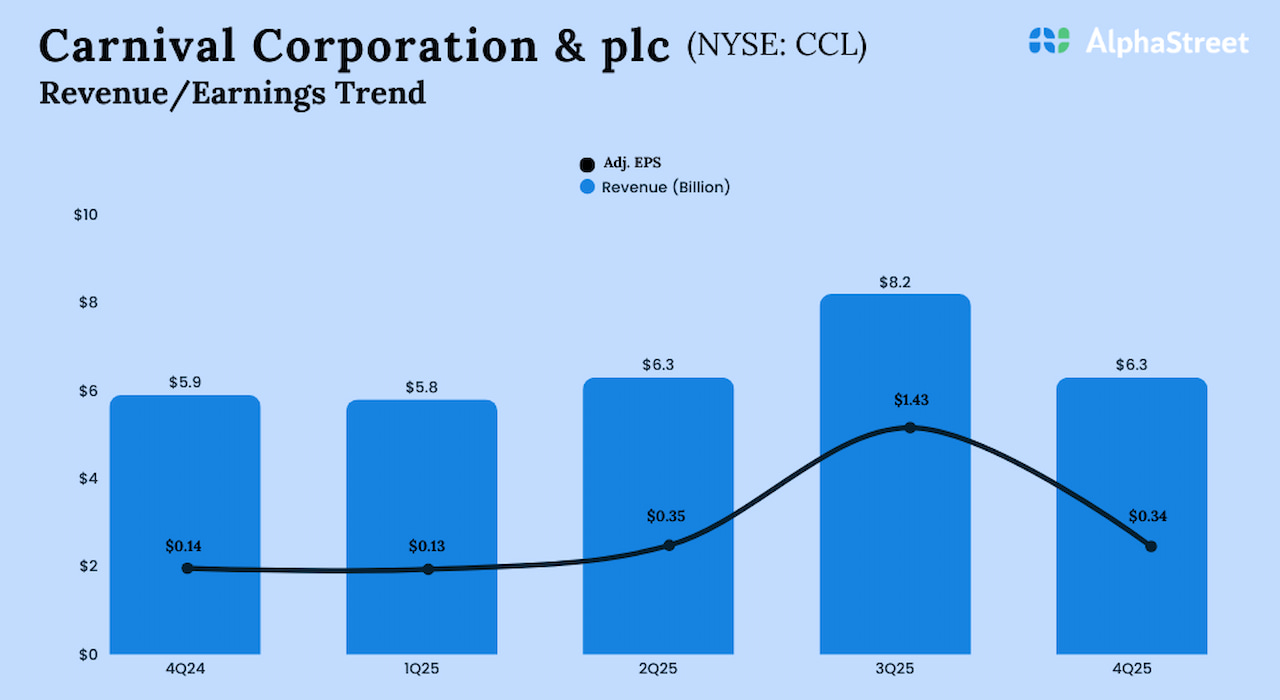Yves here. Even though the answer to the headline question seems obvious it’s the sort of thing that can’t be discussed too often. Hence, for instance, our regular use of “groaf” to signify growth as a policy fetish object in great excess to its actual utility. Well, save for the rich.
And the point about wealth inequality is critical. Growth is pretty much required in an economy that uses finance in a non-trivial or purely speculative manner (such as lending to toffs who then gamble). The underlying principle is the time value of money. Lenders and equity investors seek a return on their outlays, otherwise they might as well just keep their dough.
The difficult part, consistent with Michael Hudson’s extensive writing on debt, is the expectation that lenders will receive interest and their principal back (equity investors may desire higher returns, but if their project goes bust, it’s in the “so sad, too bad” category). Unless a loan is short-term, say to pay for inventories, a company will need to have decent cash flow to pay its obligations. That is much less risky in a setting of overall growth, even if the growth is destructive (cue a hard look at the state of the planet).
Hudson would argue that the alternative is to weaken creditor rights. I agree completely that lenders have too much power, even in our (by world standards) debtor-friendly corporate bankruptcy regime. For small fry, the deck is stacked against them in many many ways if they get in trouble on personal borrowings. One big reason, and I don’t have any clever ideas, is when a small borrower has or is about to default, he can hardly afford to hire good legal representation.
Hudson has described some way to make a finance-using economy less predatory and thus with a lower propensity to distribute wealth upwards. One is usury ceilings, which discourages lenders from making unduly risky and often societally unproductive loans (see the aforementioned rich gamblers). Another is a recognition that rentierism generally is a bad idea and policies designed to combat that. Unfortunately, the state of the US health care system alone shows too many people depend economicaly on borderline or actual abusive conduct so as to make that an impossible hill to climb.
By Richard Murphy, Professor of Accounting Practice at Sheffield University Management School and a director of the Corporate Accountability Network. Originally published at Funding the Future.
The assumption that all economic growth is good is clearly misplaced. But how do we convince politicians and economists who are obsessed with growth that this is the case?
This is the transcript:
There is an assumption in economics that all growth is good. As a matter of fact, that’s not true. There is growth that is of benefit that is indisputable, but just as likely is growth that causes harm. And unless economics works out how to differentiate these two, and actually deliver growth that is beneficial to humankind, whilst eliminating that which is harmful, then we are at real risk.
Let’s put this in context. What we know is that there are limits to growth. We’ve known this for a very long time. The first ever serious book I bought on economics, which was in about 1974, was called ‘The Limits to Growth’, and I’ve believed, ever since then, that there are such things. If we live on a finite planet, as a matter of physical fact, we will not be able to grow forever because there are finite resources for us to consume, which will mean that unless we create some artificial way of valuing them beyond their actual worth to our well-being, there is no way that we can continue to record continual growth. It’s not possible to do that.
If we do, we will basically burn up this planet that we live on. And if anybody says that’s of economic benefit, I will challenge them because I don’t see how the extinction of humankind is a benefit to us.
But, even if we ignore that longer-term consequence, and by long-term I mean within this century, potentially, maybe a little longer, but nonetheless, not immediate, there are other massive problems with the idea of growth.
As we know, based on data for the last 45 years, the economies of most major developed countries have grown. The UK has. The USA has. Europe has, and the consequence is that the wages of most people on ordinary levels of wage income have been stagnant. They have not enjoyed the benefits of growth, and that has been particularly true since the global financial crisis in 2008. What we have seen is growing productivity within this economy. In other words, more money is being made for each unit of input into the economic process, but the share of the reward of the output of that process has been deeply and profoundly even, unequal.
Almost all the benefits of growth have gone to those who are wealthy. They’ve claimed it by way of increased profits and by way of claiming increased interest payments, and they’ve also created artificial assets on which they demand a return, like copyrights and patents and trademarks, all of which result in increased rewards being paid to the wealthy, but wages being stagnant. In other words, all this growth has not increased the well-being of most people in the world.
So why economists keep on telling us that unless we have growth, we cannot have a better society, is very hard to work out because, as far as most people are concerned, that is simply not true. The evidence is overwhelming. Wealth does not trickle down, while growth entrenches injustice. And this is glaringly obviously going to be the outcome of such a situation because what we know is that there is a diminishing marginal return to consumption within the economy.
In other words, everything we do feels great when we first decide to want to take it because it feels as though it’s for our well-being. But the more that we do of it, the less, frankly, we enjoy each incremental extra unit of it that we do.
So let me give you an example. If I go on holiday, I tend to enjoy myself. I enjoy going away. I enjoy having a break from my normal routines. I enjoy being somewhere else and seeing the world from a different perspective. Those things are good. But if I did it for 48 weeks a year, I promise you that if I was offered a 49th week of holiday, I’d say, “No. Please let me stay at home. That’s what I want to do now.” There is a point where you can go beyond getting benefit from growth.
We can see this in so many ways. Let’s look at another example. There’s only so much cake you can eat in a day before you begin to be sick. And that’s where our planet is. That’s where we are with regard to growth, if we, in this case, are the people who benefit from growth, in other words, the wealthy. They’re consuming so much that they don’t even see the benefit of it. Growth is actually causing harm to well-being.
And there’s another way in which growth can also cause harm to well-being, and that’s when it creates illusory financial bubbles. I believe we have such a thing in the world’s stock markets now, and we know what happens when that’s the case. We get a crash. We had one in 2008. I’ve witnessed others; in 1987, for example. The bubble bursts. The whole thing falls down, and there isn’t growth at all. It turns out that there was just a bubble.
So this then harms our prospects and our well-being by eroding our belief in our ability to save for the future.
But growth also undermines our belief in democracy, because if we believe that government can’t meet our needs, but only growth can, then we look away from government, which is where most of the needs that we now have will be met, towards the market, where we know that needs can’t be met for those things that are essential to our well-being, like managing climate change, like having better healthcare, like having better education systems, like having more access to social housing and all those other things which are not being made available at present, and which people can’t afford by themselves, but which the state could provide if it so wished.
So, growth that focuses purely on market activity denies us the things that we need at the end of the day. It is actually a false God. And that happens because growth is often misstated or miscounted.
For example, GDP includes many harmful activities, and GDP is a measure of our national income. If we are more sick, we actually demand more healthcare. But having more healthcare is not actually a measure in this case of our well-being, because if we were really well, we wouldn’t have needed to demand healthcare in the first place. So GDP measures things which are negatives. The negatives count as strongly as the positives, so growth in GDP, which is what our economists are talking about, very rarely now represents genuine progress.
Instead, what we see is that everything outside the market is devalued. We have economists saying that unless we can measure it and count it, it doesn’t matter. But I can promise you that the Beatles got one thing right, which was money can’t buy you love, but love is what most people need. And if we knew that long ago, and John Lennon and Paul McCartney got that right, why haven’t the world’s economists so far understood this fundamental truth? I wish I could tell you the answer.
What we are actually seeing is that ideology is what is dictating this mantra that we should have growth at all costs. It’s become a secular religion. Our economists, our politicians, our commentators will say that without growth, we cannot have what we want with regard to public services. But that’s not true. We could simply cut our consumption of unnecessary items, and we could do that by cutting the consumption of the very wealthy.
They don’t need to fly as much as they do.
They don’t need as many yachts as they consume.
They don’t need a great deal of the things that they have, which actually don’t really make them any happier than most other people, because there is a limit to the amount of happiness you can enjoy, and there’s no evidence that wealth provides it.
Growth has become a secular religion. Its ends now supposedly justify a means. But there is no means to supply because we live on a finite planet. Growth is destroying our well-being.
What we need is balance, a value for what matters, and an appreciation that consumption will never ultimately answer our need for well-being when we’ve already got enough. But we don’t understand how to tell the world that, and as a consequence, our economists and our politicians are still telling us we need growth when that growth is causing harm.
























